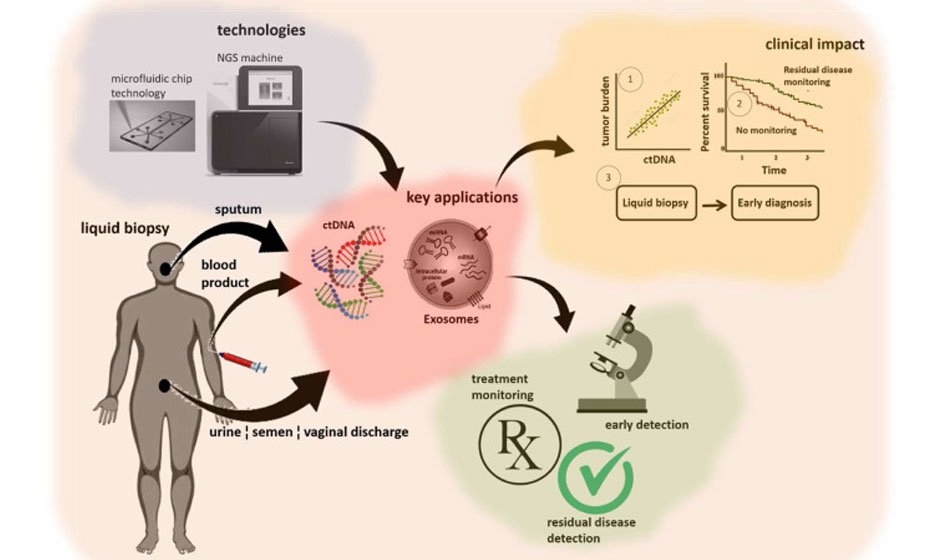How Tumor Biopsies Provide Insights for Personalized Cancer Care

Have you ever wondered how doctors decide on the best treatment for cancer patients? What makes cancer care so personalized and effective? The answer often lies in the detailed analysis of tumor biopsies. Let us explore how these biopsies provide crucial insights for personalized care.
The Importance of Tissue Samples
When a biopsy is performed, tumor tissue samples are collected and examined. These samples are crucial for understanding the specific characteristics of a patient’s disease and health condition, allowing doctors to create a personalized treatment plan.
The tissue samples provide a wealth of information about the patient’s medical condition.
By analyzing these samples, doctors can:
- Identifying the specific type of tumor
- Determining the stage and aggressiveness
- Detecting genetic mutations and markers
Each piece of information helps in crafting a treatment plan that targets the issue effectively. This precision is critical to improving patient outcomes.
The Analysis Process
Once collected, biopsies undergo a detailed analysis in a lab. Pathologists and other specialists examine the samples carefully. They look at the size, shape, and arrangement of cells. They also use special stains and tests to identify genetic mutations.
Advanced imaging techniques may be employed to get a clearer picture of the cellular structures. These detailed analyses reveal the unique characteristics of the malignancy or cyst, providing essential data for personalized care.
How Biopsy Results Influence Treatment
Biopsy results play a critical role in shaping the treatment plan. The findings help doctors choose the most effective therapies.
Based on the analysis, doctors can:
- Select targeted therapies that attack specific cancerous cells
- Determine if immunotherapy is a viable option
- Adjust chemotherapy dosages for maximum effectiveness
This personalized approach ensures that the treatment is as effective as possible, reducing side effects and improving outcomes. It also allows for continuous monitoring and adjustments based on the patient’s response. Ultimately, this method increases the chances of successful treatment and long-term remission.
The Role of Genetic Testing
Genetic testing of tissue samples is a game-changer in the medical field. It helps identify specific mutations that drive the tumor’s growth.
This information allows doctors to:
- Choose medications that target these mutations
- Predict how the disease will respond to treatment
- Identify potential resistance to specific therapies
By understanding the genetic makeup, doctors can stay one step ahead in the fight against cancer. This approach also opens up the possibility of enrolling patients in clinical trials for new targeted therapies. Additionally, genetic testing can provide information on inherited risks, offering valuable insights for family members.
Benefits of Personalized Carcinoma Care
Personalized care offers numerous benefits. It improves the effectiveness of treatment and enhances the patient’s quality of life.
Benefits include:
- More effective treatments personalized to the individual
- Fewer side effects due to targeted therapies
- Better management of the disease with ongoing monitoring
These advantages make personalized care a cornerstone of modern oncology, offering hope and better outcomes for patients. This approach allows for adjustments based on the patient’s unique response to treatment, ensuring a more dynamic and responsive care plan. Furthermore, personalized care often leads to shorter recovery times and improved overall health.
Biopsies are vital in the journey toward personalized care. The detailed analysis of tumor tissue samples provides insights that guide effective treatment plans. With this approach, doctors can offer more precise and effective care, significantly improving the chances of successful treatment. Personalized care is indeed a beacon of hope for many, transforming lives with its targeted and effective strategies.



